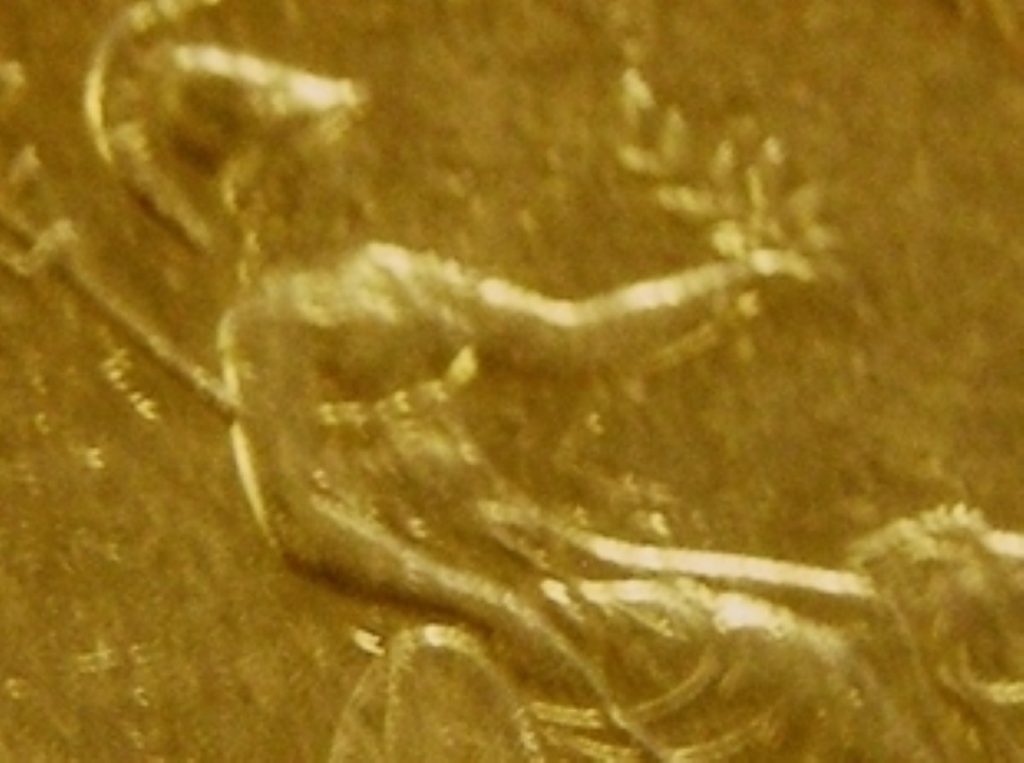Coulson’s salary revealed
By Ian Dunt
Andy Coulson, David Cameron’s communications director, earns £140,000 a year, according to new information revealed today.
His is the most famous name in a document revealing the pay of special advisers, commonly known as ‘spads’ in Westminster.
His pay is only marginally below that of the prime minister, who earns £142,500.
The second highest paid spad is the prime minister’s chief of staff, Edward Llewellyn, on £125,000.
Kate Fall, senior aide to the PM, is third on £100,000, followed by Jonny Oates, director of communications at the Liberal Democrats.
Deputy prime minister Nick Clegg’s aides, Richard Reeves and Lena Pietsch, are on £85,000 and £80,000 respectively.
The details come along with new rules for spads announced by the Cabinet Office today, including regulations on employment taken up within two years of leaving the civil service.
Gifts and hospitality will also have to be published. There will be no severance pay for those leaving to stand as MPs.
Mr Coulson actually took a pay cut when the Tories won the general election. He was earning £270,000 as chief of communications for the party in opposition.
A former editor of the News of the World, he is a controversial figure in parliament.
The phone-tapping scandal which engulfed the newspaper concerned the period when he was editor and most observers remained unconvinced by the newspaper’s response to the allegations, despite the decision by the Press Complaints Commission not to reopen the investigation.
Many political pundits also cast some of the blame for the Tories’ underwhelming electoral campaign at his door, with analysts stressing the weakness of the ‘Big Society’ agenda as a PR exercise.
Spads, a relatively new development in Westminster, are still a source of controversy in some areas. Their dual role allows them to help ministers with political activities, something civil servants are prohibited from doing, but there are concerns in some sections of the civil service that their prevalence harms the political process.
Nevertheless, today’s document reveals that the number of advisers has dropped slightly, from 78 just before the election to 68.





-01.png)